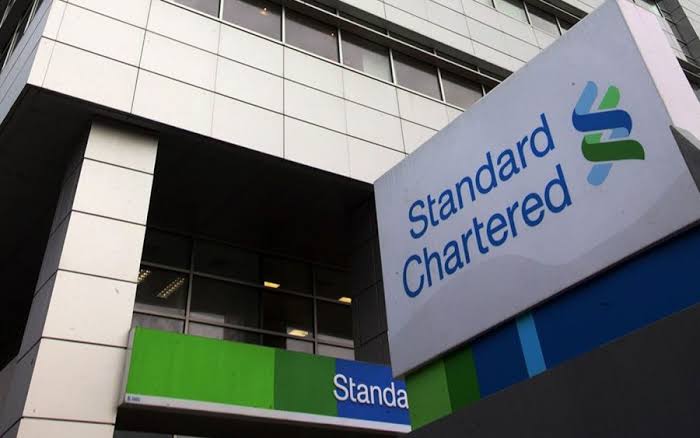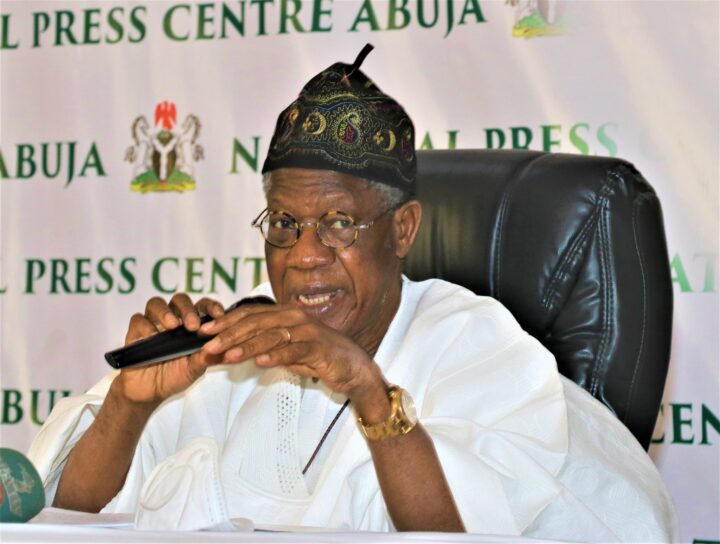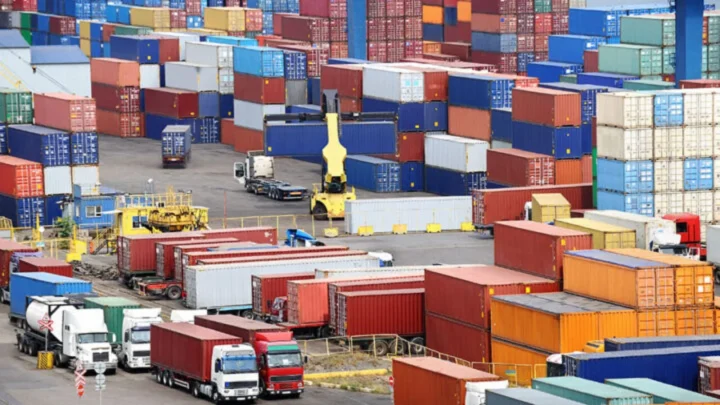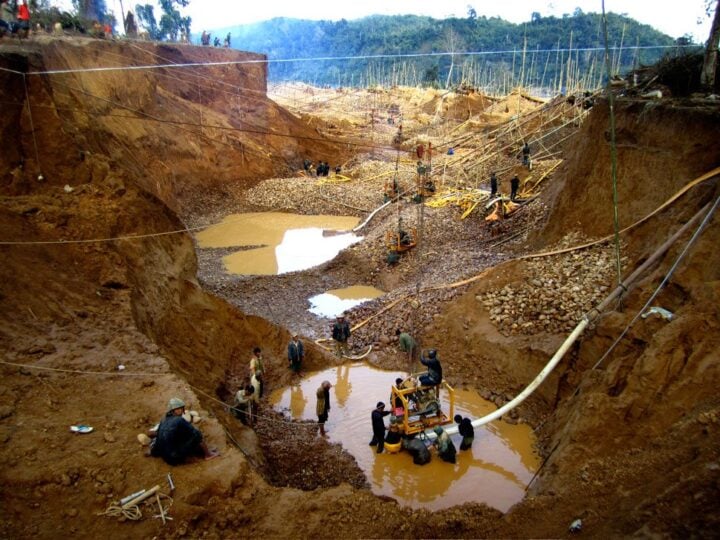The Nigerian Association of Chamber of Commerce, Industry, Mines and Agriculture (NACCIMA) has urged the federal government to address the necessary economic parameters to prevent Nigeria from slipping into recession.
John Udeagbala, national president, NACCIMA, said this on Friday during the association’s third quarter economic briefing in Lagos.
Udeagbala said the COVID-19 pandemic, coupled with the Russia-Ukraine conflict, has put immense pressure on the productive capacity of the economy.
“We, therefore, urge once again, the implementation of government policy that places priority on improving domestic production, otherwise face a likely state of economic recession by the end of 2022,” he said.
Advertisement
The NACCIMA president welcomed the decision of the monetary policy committee of the Central Bank of Nigeria (CBN) to raise the monetary policy rate from 13 to 14 percent.
He, however, said that the move was majorly an inflation management measure and did not address the root cause of the inflation, such as rising food prices, devaluation of the naira, and high cost of energy and transportation.
“Nevertheless, we look forward to the continued implementation of the Central Bank’s intervention in the agriculture, manufacturing, energy, healthcare and export sectors, which will ensure some improvement in food and energy supply,” he added.
Advertisement
Udeagbala further asked that the government renew its focus on implementing policies to ensure Nigeria becomes a net exporter of petroleum products and eventually electricity.
He also called for urgent action in fixing domestic refineries and the implementation of the Petroleum Industry Act, which is currently hobbled by the petrol subsidy regime.
“If we estimate that Nigeria has spent an average of N2 trillion a year for the past 16 years on petroleum subsidy, it is time to ask ourselves, how many refineries could we have built in that time?” he said.
“As we acknowledge the economic impact of the sudden removal of petroleum subsidy, we advocate a gradual removal with attendant policy initiatives to cushion the effect on the economy.
Advertisement
“We can start by taking a look at other developing countries in this space, such as Trinidad and Tobago, who never had to carry out turnaround maintenance on their only refinery or revisit crude oil to petroleum product swap arrangements.”
Udeagbala also lauded the government’s innovative policies, such as tax reliefs and other incentives for startups to harness Nigeria’s digital innovation and entrepreneurship ecosystem.
He urged the government to consider the security implications of the high unemployment rate of 33 percent and do more to address the regular face-off with the Academic Staff Union of Universities (ASUU).
Advertisement
Add a comment






